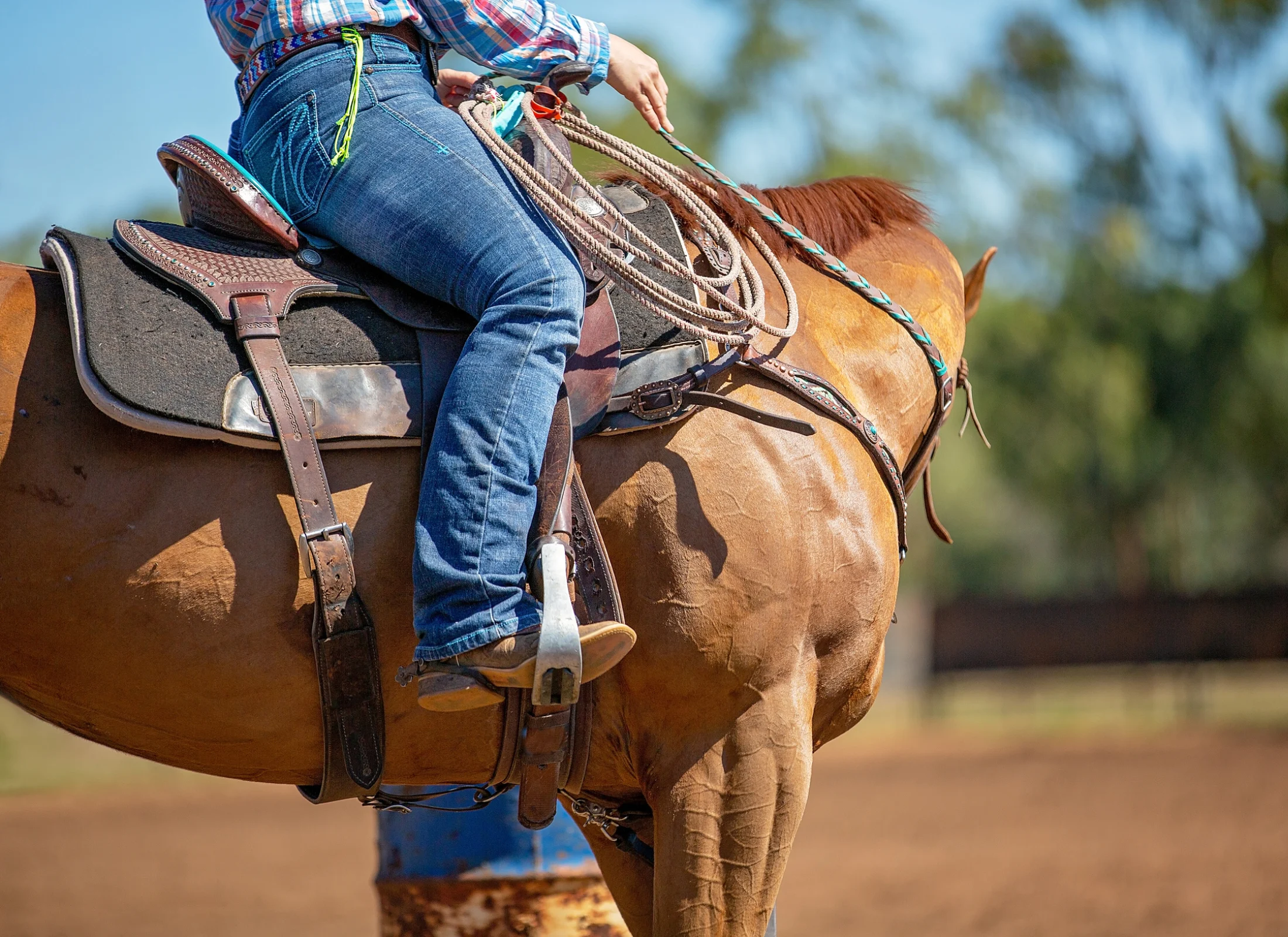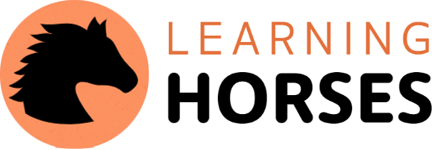What is a Beginner, Intermediate, and Advanced Rider?
If you are new to horseback riding, may notice people referring to riders based on one of three experience levels: Beginner, Intermediate, or Advanced. These terms are commonly used to communicate how much experience a rider has.
Beginner Riders
A beginner rider is someone who is still learning the basics of riding and horse care. Another word for a beginner is a “novice.” Beginners need more supervision while riding and handling horses until they learn how to keep themselves safe in various situations.
binnger riders should always have someone with them while they are riding to help prevent any accidents, answer questions, and help them learn.
- ✅ Beginner riders may need help tacking up or grooming their horse.
- ✅ Beginner riders are mostly comfortable at a walk and trot. beginner riders who can ride a horse at a canter are considered advanced beginner horseback riders.
- ✅ Riders are still beginners if they struggle to stay balanced during gait transitions or struggle to sit up straight in the saddle.
- ✅ They are also more likely to reach for the saddle and panic if something goes wrong instead of correcting the horse. This is a natural instinct until the rider becomes more comfortable on horseback and learns how to handle different situations.
It is important to remember that every rider was a beginner at some point. It is a necessary step in becoming an accomplished rider. With consistent work and practice, your skills will continue to improve.

Intermediate Riders
An intermediate rider is someone who has a significant amount of experience, both in the saddle and on the ground. These riders still have quite a lot to learn, but they have moved on from the basics.
- ☑️ Intermediate riders are typically focused on specific disciplines. For example, jumping horses, competing in speed events, or entering horse shows.
- ☑️ They do not need to be supervised all of the time but still benefit from taking lessons often and regularly.
- ☑️ They are comfortable riding horses of varying degrees of difficulty.
- ☑️ Intermediate riders are comfortable at all gaits, and can control a horse at a gallop.
- ☑️ They are still challenged by some horses but, because of their growing skill, they tend to enjoy the challenge rather than feel overwhelmed by being put on a hot horse.
- ☑️ Intermediate riders are also comfortable riding at all gaits and in different environments.
Intermediate riders still have a lot to learn, but they are well on their way to being competent riders in the saddle, solid competition in horse shoes, and potentially budding equine professionals.
Advanced Riders
Riders who are considered to be advanced are typically very confident riders.
- ⭐They are able to ride a variety of horses well with very little instruction.
- ⭐They can use their knowledge and experience to teach other riders. Some even turn that ability into their own professional horse business.
- ⭐They are also able to train horses themselves.
- ⭐Advanced riders will usually compete at a higher level, possibly as professional riders.
Advanced riders should still be open to learning from others. No one is ever completely finished with their equine education. There is always more to learn.
Instead of typical horseback riding lessons, advanced riders and professional riders will often attend clinics, or travel to ride with specific trainers who they want to learn from. They will take an occasional lesson, or spend a weekend at a clinic, instead of regular weekly lessons.
How to Know if you are an Advanced, Intermediate, or Beginner Rider
It is good to have an understanding of what the general equestrian population considers to be a beginner, intermediate, or advanced rider. Ultimately, there isn’t a checklist to go through to figure out where you land. It is often based on your own feeling of where your ability is at currently, and where your trainer thinks you are. This is also considered in relation to your riding goals. If one person’s goal is to be competent with the basics and ride for fun, then being an advanced rider will look very different compared to someone whose goal is to be an Olympic-level show jumper.
It is also possible to be an advanced rider in one discipline, but a beginner in another. For example, if you have been riding dressage for years, and then decide you want to try barrel racing, you will need to start by learning the basics of the new discipline. It is a sliding scale based on each individual person and what they are working to accomplish.
💡 Humans are wired to overestimate our skills and abilities1 This might have helped early humans get the courage to take on a predator or pursue prey for a meal, but for modern horseback riders, the tendency to overestimate our skill can get us into dangerous situations. Instead of labeling yourself as a beginner, intermediate, or advanced rider, ask another rider or riding instructor for feedback assessing your skills.
Why These Levels Are Used to Distinguish Riding Experience
These skill levels help others to understand what a person’s riding ability is. It is particularly helpful in situations when you are riding in an unfamiliar place. By telling the person in charge that you are a beginner or intermediate rider, they will be able to match you with a horse that is appropriate for your skill level. It can be very dangerous for a rider to be paired with a horse too far above their skill level, especially if the rider is a beginner.
Sometimes these levels are used to group riders into lessons with other riders at the same level. It can be helpful to have multiple riders at a similar experience level learning together. It is also a good way of ensuring that the lesson material applies to everyone. This helps to avoid having some riders feel left behind if the material is too advanced for them. And also to prevent other riders from feeling bored if the material is too focused on the basics for them.
Conclusion
It is helpful to know the differences between beginner, intermediate, and advanced riders. It allows people to be able to communicate what their horse-related experience is without having to go into too much detail.
- Dunning, D., Heath, C., & Suls, J. M. (2004). Flawed self-assessment: Implications for health, education, and the workplace. Psychological science in the public interest, 5(3), 69-106. [↩]
